There are various types of mutual fund schemes where we can invest. Equity and debt mutual funds are two of the most popular investments.
While investors with a higher risk appetite go for equity-oriented mutual funds, those with a lower risk appetite go for debt mutual funds. This is irrespective of whether we make a lump sum investment or Systematic Investment Plan (SIP). That’s how it should be, right?
However, the investors of debt funds have noticed certain changes in their portfolio returns. Questions are doing rounds about whether the debt funds are in trouble.
What are the causes that can affect debt funds? Let’s find out! Also, explore how Koshex provides different investment opportunities to the investors to diversify their investments.
Are Your Debt Funds in Trouble?
Debt funds are liquid funds that invest in fixed interest-generating securities like commercial papers, treasury bills, bonds, and government securities.
Debt funds are ideal for investors looking for a source of passive income. However, interest rates are constantly rising, thanks to inflationary trends. Due to this, many investors witnessed a drop in the performance of the debt funds.
Due to a rise in the interest rate, there is a decline in the value of the bonds. Therefore, as investors, we need to understand how debt funds work.
Debt fund invests our money into the underlying fixed income-generating instruments. This essentially means that we are buying loans.
When these loans go bad, everyone’s at a loss, especially the investors. However, it does not mean that the returns will go negative.
The exposure is not so concentrated and high that few defaults can shake the entire fund.
But how can we know if something’s wrong with our debt fund portfolio? Let’s find out!
Signs that We Should Look for in Our Investment Portfolio
If the interest rates are continuously rising, then our portfolio will exhibit the following signs:
Drop in Returns
Our debt fund portfolio returns will witness a drop due to the rise in interest rates. This is primarily because the bond investment doesn’t appeal much to investors after the rise in interest rates. There is a negative correlation between the bonds and the interest rate. Let’s understand this.
Bonds compete with each other in terms of interest rates. Investors are always attracted to high-interest paying bonds.
When there is a rise in interest rates, the newer bonds offer high-interest rates against the existing low-interest paying bonds.
Therefore, the existing bonds become less attractive, and the investors tend to sell them at a discount in the secondary market. This is how the value of bonds drops. Further, the interest in existing bonds is less than in newer ones.
Recession
The economy may see a recessionary trend. As inflation rises, the government increases the interest rate to combat inflation.
The rise in interest rates makes borrowing expensive. Thus, people tend to spend less and save more. This leads to a fall in demand and an increase in supply, bringing prices down and reducing inflation.
However, the fall in demand comes with its own set of adverse consequences. The businesses take a hit due to falling demand.
The problems further elevate due to rising interest rates, increasing their overall cost. Thus, businesses defaulting on loans becomes more prominent, leading to loss to investors of debt funds. This problem can specifically arise in the case of credit risk funds.
Poor Strategies of Debt Fund Manager
The debt fund manager of the fund house plays a key role when it comes to the performance of the debt fund.
Even when times are turbulent, the debt fund manager can steer the fund toward earning good returns with his capabilities.
However, any sub-optimal and poor decision by the debt fund manager can lead to a drop in portfolio decisions.
The debt fund manager might hold long on to certain underperforming investments waiting for them to bounce back.
But this can backfire if the investments don’t recover. Therefore, our debt fund manager’s expertise, experience, and decision-making capabilities significantly affect our portfolio performance.
What Should We Do?
Well, investing in debt funds is safer than equity-oriented mutual fund investments.
However, we need to understand the asset class well and how it works before making any investment decision. Following are some of the things we should consider before making investments in debt funds:
Risk Appetite
While bonds are less risky as compared to equity funds, we still need to assess our risk appetite. This is mainly when we invest in high-risk corporate bond funds and other debt instruments.
Our Investment Goals
What investment and financial goals do we wish to achieve by investing in debt funds? Our investment and financial goals will also help us determine the time horizon for our investments.
Volatility
Can we accept the volatility that comes with investments? Debt funds have higher volatility than bond funds but also provide higher returns.
We should assess the underlying asset class where our funds will invest in determining the volatility of those assets.
Further, we can also see the historical performance of the fund to determine whether the fund has been volatile in the past.
Macro Economic Factors
Any market-linked investment instrument is affected by macroeconomic factors. If the economy is going through a rough period, we should consider our risk appetite before investing.
If there is an inflationary trend and the interest rates are rising, then we should be aware that it will affect our return on investments in debt funds.
The current macroeconomic factors and the future outlook of the economy will play a key role in making informed investment decisions.
In a Nutshell
One of the primary reasons for the downfall in returns of debt funds is the rising interest rates. However, we don’t need to panic much as we won’t lose our investments.
If we still panic, then we need to reassess our risk appetite. We should continuously monitor the performance of our fund.
If we want to exit prematurely, we should consider the possible losses and all the associated costs. We can also go for diversifying our investments alongside the debt funds. We can go for safer options like fixed deposits or gold.
Koshex is an ideal investment platform that allows investors to invest in assets like mutual fund schemes, fixed deposits, smart deposits, and digital gold hassle-free.
We can automate our investments to ensure steady wealth creation to achieve our financial goals.
Frequently Asked Questions
Does the bond value increase with a fall in the interest rate?
Yes. As interest rates fall, newer bonds offer lower rates than existing ones. The demand for existing bonds rises in the secondary market leading to a higher bond value.
What are some of the safer alternatives to debt funds?
If you want a fixed income-generating alternative to debt funds, choose fixed or smart deposits with Koshex. Otherwise, you can also go for digital gold investments. Gold has always been a secure investment option due to its inherent value.


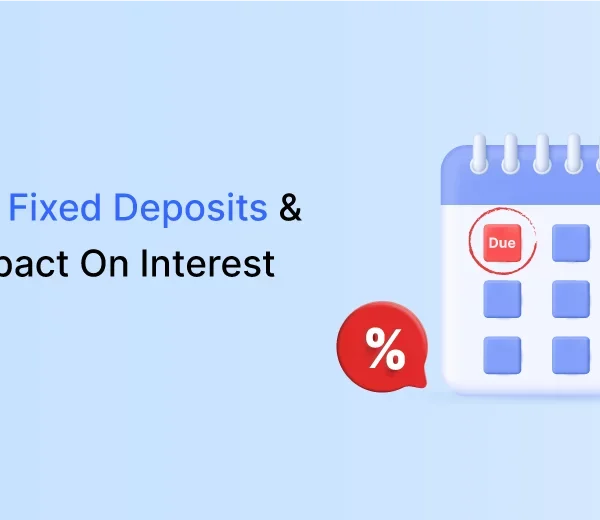
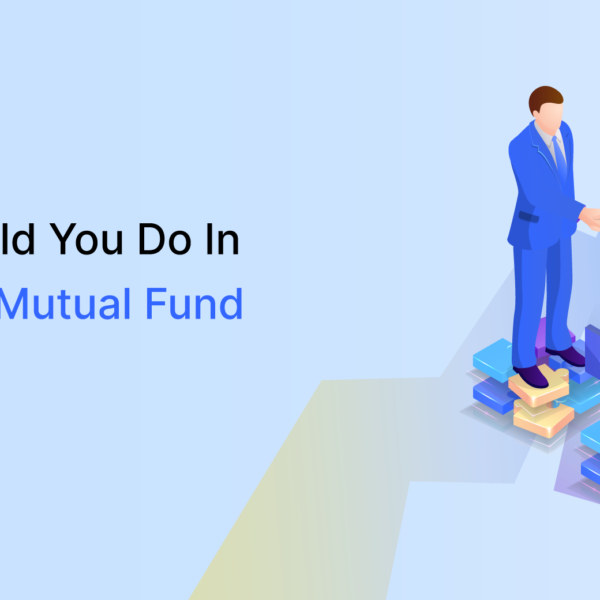
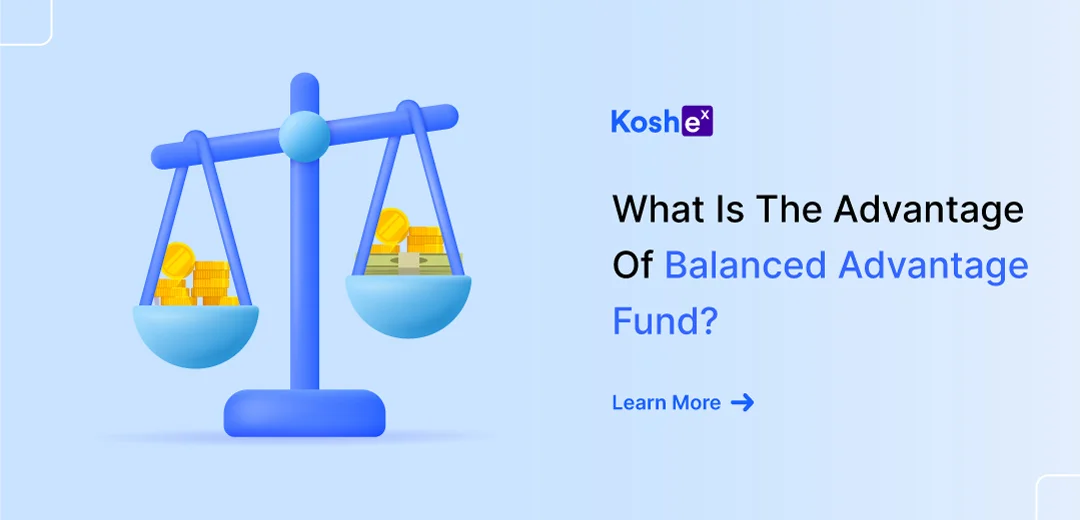
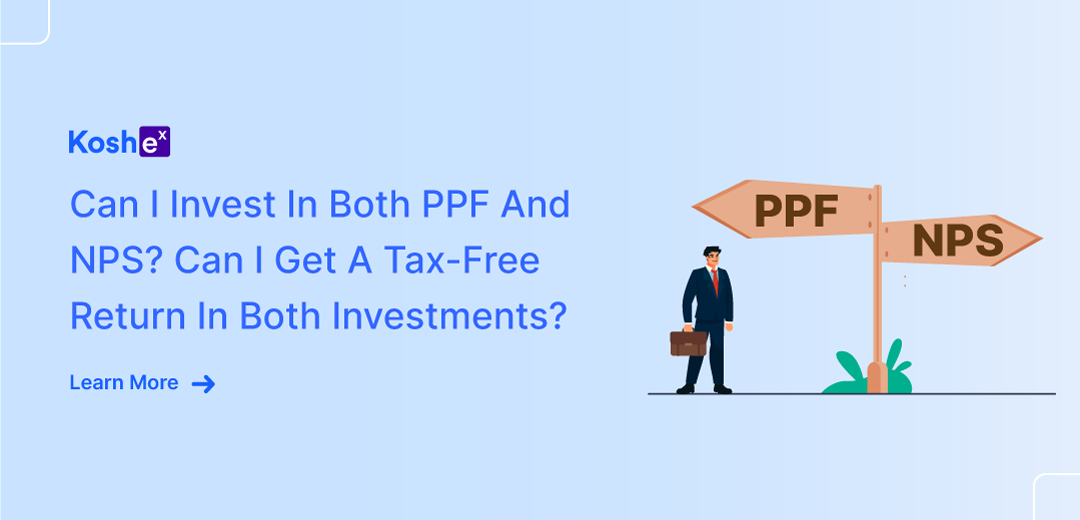
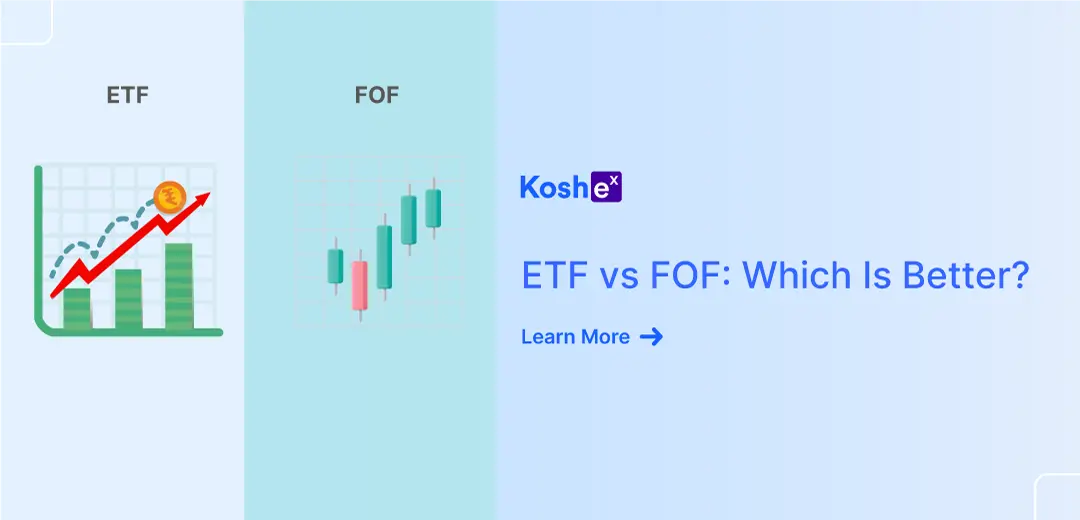


Leave a Comment